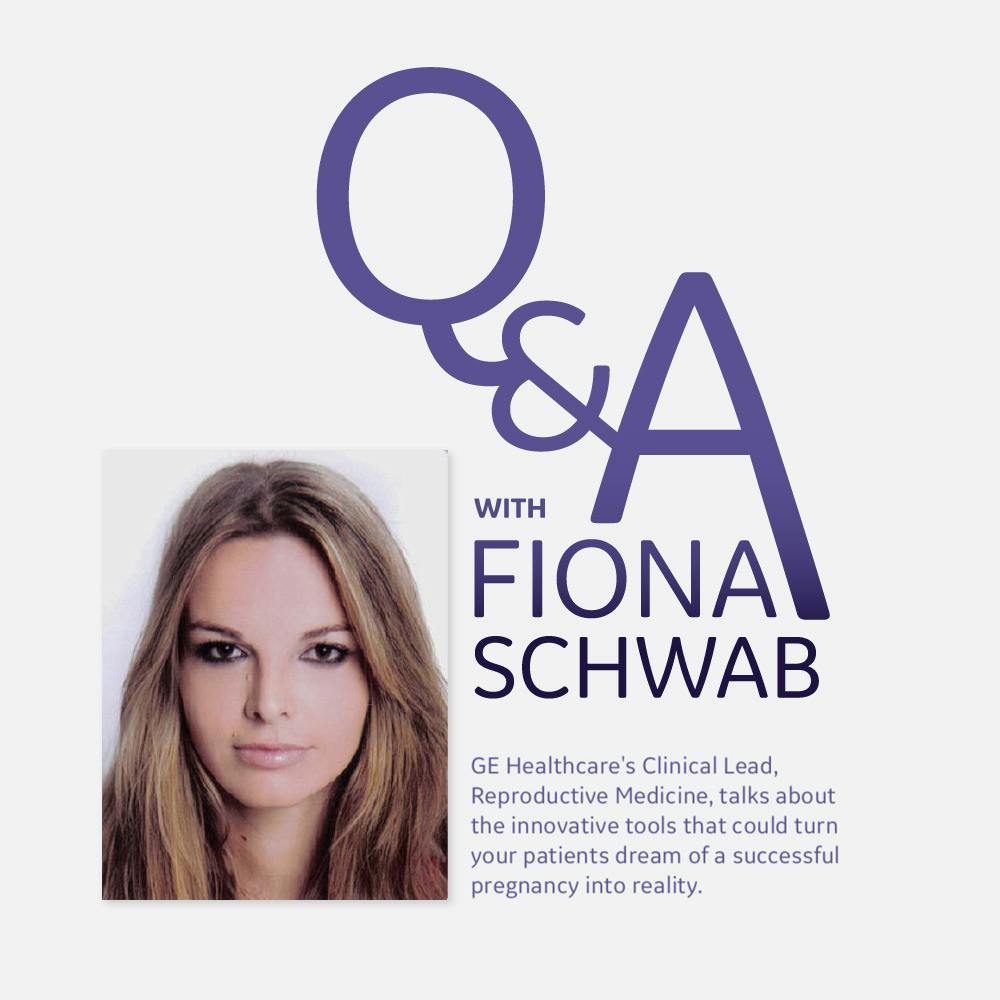Many women worry that stress has a negative impact on their fertility potential, and they blame their tension or themselves when an IVF cycle does not result in a child being born. Recent studies looked at the connection between stress and IVF — with its regimen of labs, injections, ultrasounds and procedures — and did not find that the emotional distress that comes with IVF cycles had a negative impact on a woman's chance of getting pregnant.
We can confidently reassure patients that it is unlikely that anxiety, depression or perceived stress throughout an IVF cycle will be associated with a less-than-desirable outcome.
A Tale of Two Studies
A prospective controlled study published in Fertility Sterility in 2016 collected and analyzed psychological data obtained through questionnaires and laboratory data from 186 patients at four times throughout an IVF cycle. The infertility patients were placed in one of two groups: those undergoing IVF for the first time, or those who had previously been through one or two IVF cycles without conceiving. A third group consisted of women undergoing IVF as egg donors. While high levels of stress were experienced by both infertility groups, it was the donors who had higher levels of cortisol at the time of egg retrieval, and all groups had a significant drop in the hormone between the time of oocyte retrieval and embryo transfer. The study concluded that self-reported stress and biological markers did not adversely affect the outcome of an IVF cycle.
A meta-analysis in the September 2018 issue of Social Science & Medicine used a statistical model on prospective studies to analyze levels of stress, depression and anxiety in women undergoing assisted reproductive technology techniques and compared patients with successful outcomes to those who did not become pregnant. Their conclusion was that distress was not a hindrance.
This is not to say that women do not experience real and troublesome stress during assisted reproductive treatment. When stress becomes repetitive and chronic in nature, it may cause intense anxiety, agitation, sleep disturbance, negative mood, avoidance and dissociation. Physiological changes such as hypertension, gastric ulcers and weight gain may also result. Some women may even elect to postpone or drop out of an IVF cycle because of the stress they experience.
Controlling Stress in IVF Treatments
We need to understand stress and how it impacts patients better. How can we recognize it early or help patients avoid it all together? What is the best way to measure stress? Cortisol, ACTH and interleukin-6 levels are typically elevated during a fight-or-flight response but are not routinely checked as results do not correlate with the patient's perception of her stress levels. What one woman experiences as severely stressful, another may find only slightly troublesome.
Preparing the patient by educating her about the IVF steps, planned testing and potential experiences others have had is important. Encouraging a lifestyle that delegates responsibilities and may include meditation, cognitive therapy and pharmacotherapy can be helpful to discuss with the patient before and throughout the process. Terms that are non-judgmental and do not imply failure or place blame on the woman should always be favored.
More research is needed about stress and its impact on normal physiology. Right now, however, endocrinologists can reassure their patients that studies do not show a correlation between stress and IVF during an unfavorable cycle.





